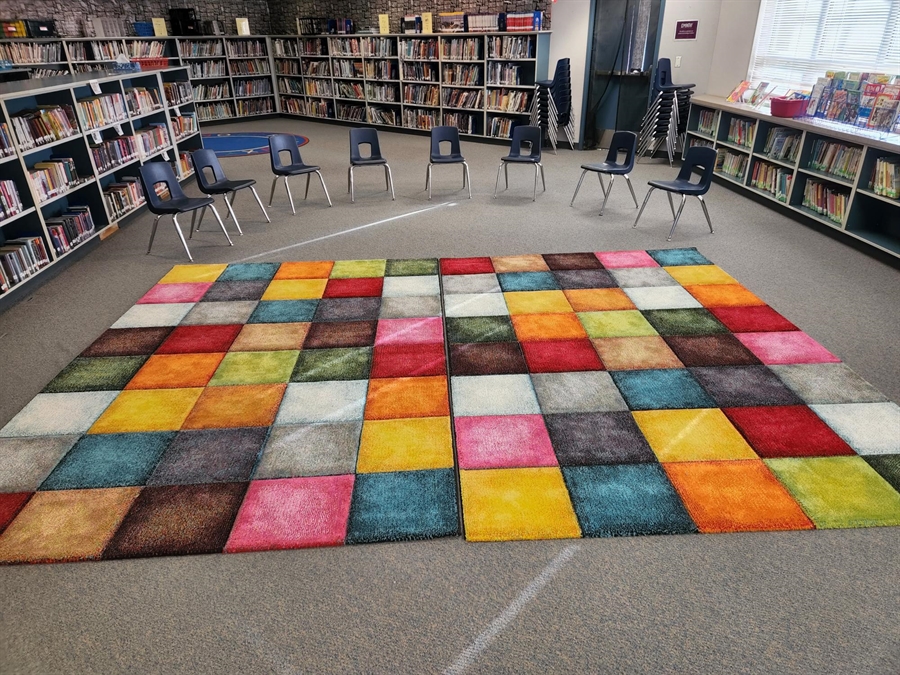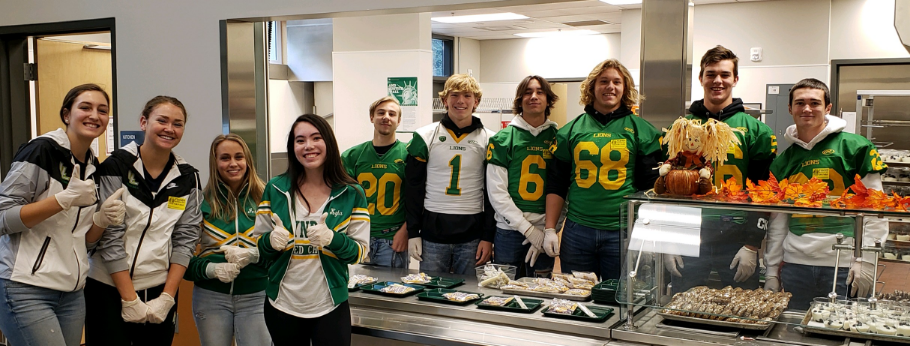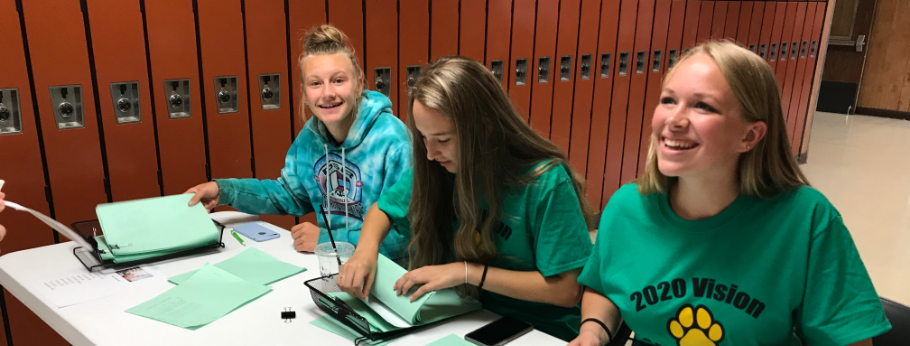
Bernice Vossbeck WIN Program Helps Students Gain Literacy Goals
6/1/2022
The WIN acronym—it stands for What I Need—keeps a focused approach on academics at Bernice Vossbeck. “It’s a way to meet each student’s needs in different areas of instruction,” says teacher Rebecca VanSlyke.
The WIN groups throughout the school rotate based on, well, need. Sometimes the What I Need emphasis settles on math. Currently, WIN reading groups have shown tremendous success at the second-grade level, says principal Michelle Nilsen.
In the program, each teacher at the grade level teaches reading to the entire class, but then for 30 minutes four times each week, the classes get divided into ability groupings for small groups of four to 12 students per group.
“This way we can target specific needs, whether it be kids who are learning short vowel sounds, long vowel sounds, reading multi-syllabic words or even strong readers who are ready to tackle short novels,” VanSlyke says. “The groups are taught by teachers and paraeducators who have been trained in phonics and comprehension skills.”
Strong readers may end up reading a chapter of a short novel and then answer questions or engage in other activities based on the book. Other students may concentrate on listening to sounds they hear in words and then make those sounds in the same order before writing them. Yet another group may work on clapping out syllables in longer words and writing the sounds they hear in each syllable.
The students are grouped based on assessment scores, which help the teachers know which skills the students understand and what areas, if any, they may have gaps in their knowledge.
The WIN program runs a six-week cycle, which then allows the teachers to reassess skills and check for growth. Low or no growth may signify a more serious need for the students. During the reassessment time, data from new assessments help form the next wave of WIN groups.
“We’ve been really pleased with the progress that the kids are making, as evidenced by their assessment scores,” VanSlyke says. “In my opinion, the progress we are seeing is due to using the evidence we gather in assessments to directly, and explicitly, teach what kids need, no matter what level they are at.”


